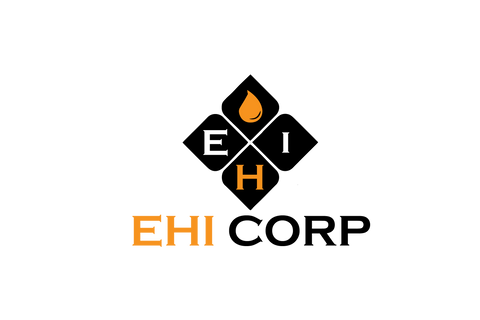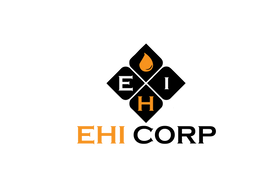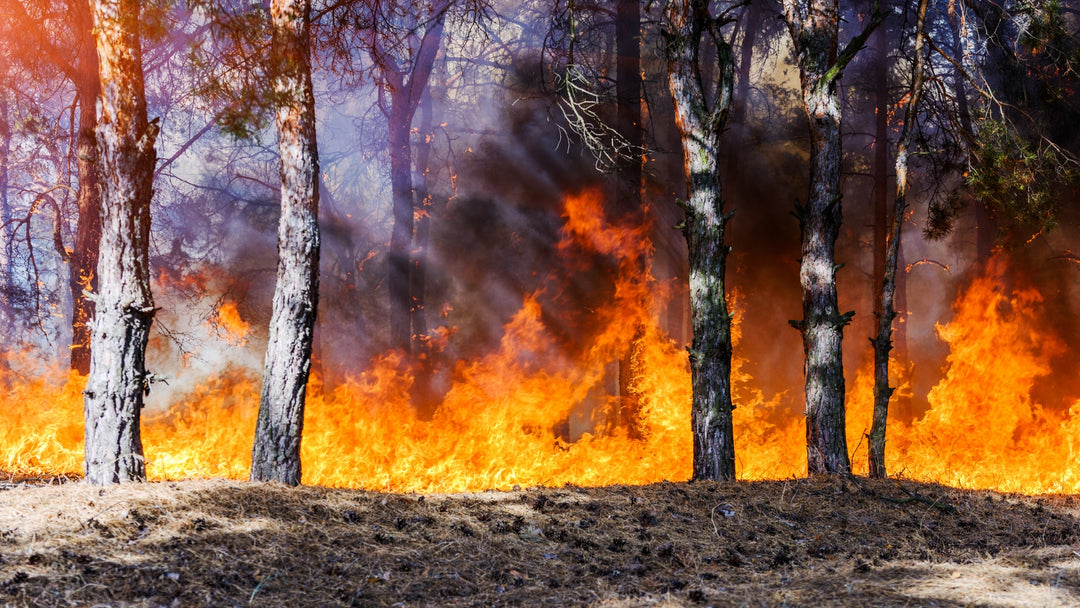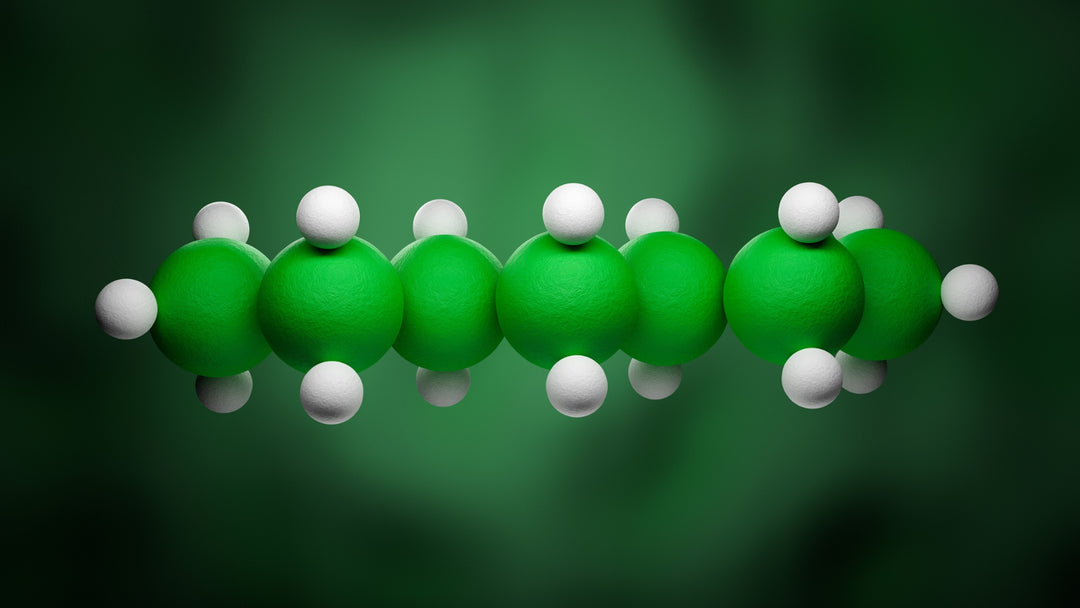Water Conservation in the GCC
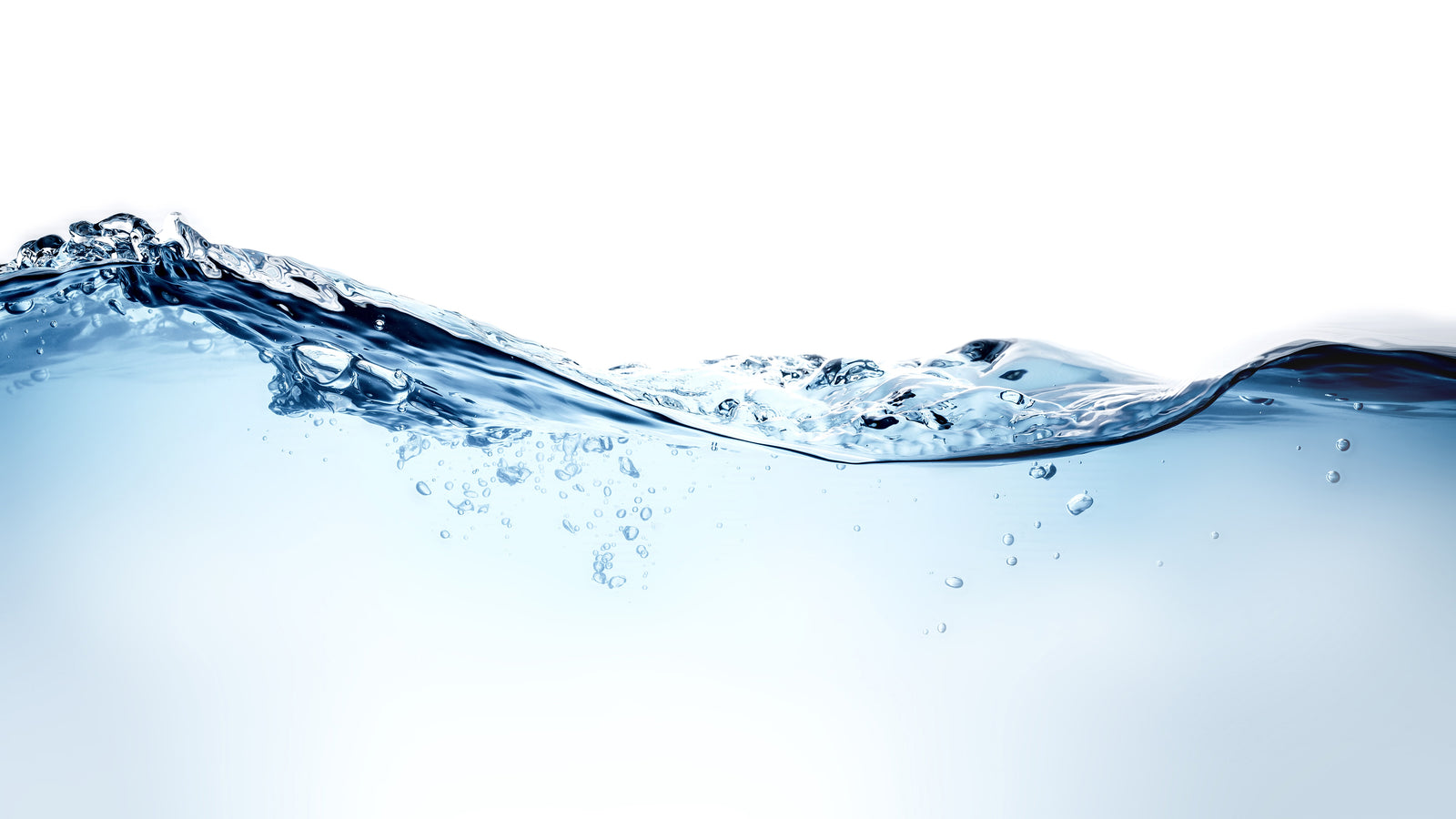
The Gulf Cooperation Council (GCC) countries of Bahrain, Kuwait, Saudi Arabia, Oman, Qatar, and the United Arab Emirates face increasing demand for water and limited supply. On the demand side, the GCC annual population growth rate of 3.1% between 2011 and 2017 was one of the highest in the world.
On a per capita basis, the economic development of the GCC has tended to increase water consumption. The Middle East and North Africa are already supporting 6% of the world’s population, even though they have only 1% of its freshwater resources.
High Agricultural Water Use Drives Demand
The most striking fact about water consumption in the GCC is the large portion of water withdrawals used for agriculture. Bahrain used the lowest percentage of water supplies for agriculture in the GCC, but still dedicated 33% of water resources to agriculture in 2016. According to the FAO’s AQUASTAT, Saudi Arabia used an astonishing 82% of water withdrawals for agriculture in 2017.
World Bank statistics show that agriculture accounted for less than 2% of GDP in every GCC country during 2014. The high use of water for agriculture in the GCC is economically inefficient and mostly a result of costly subsidies. On the bright side, the GCC countries have abundant foreign exchange reserves to purchase imported food in a crisis. They could then re-purpose much of the water used for agriculture as drinking water.
Reducing Demand is the Fastest Route to Sustainability
The intensive use of water for agriculture in the GCC creates extraordinary opportunities to reduce water usage. Unlike households, farms and other businesses are very responsive to changes in the price of water. A small reduction in subsidies or an increase in the price creates a strong incentive to use water more efficiently. High-pressure water irrigation systems and other technologies are widely used in North America and Europe to reduce agricultural water use. These techniques can also help the Gulf Cooperation Council countries to improve efficiency.
Some members of the GCC have already succeeded in reducing their agricultural water consumption. AQUASTAT figures show that total agricultural water withdrawals in Saudi Arabia fell nearly 8% between 2006 and 2017, even as municipal water use rose. Bahrain achieved an impressive 15% reduction in agricultural water use between 2000 and 2016.
Potential for Reuse Presents Opportunities
With proper treatment, water used for industry or agriculture can also be reused. The vast oil industry in the GCC countries can cause water pollution, but it is also a source of valuable technology for reusing water. Saudi Arabia has successfully used reverse osmosis and activated carbon to clear polluted water of contaminants.
Agriculture generally does far less damage to water quality than oil production, and mineral build-up is the only problem in some cases. The GCC countries often use desalination to obtain fresh water, and this technology can also remove minerals from water used for agriculture.
The Need to Diversify
In the GCC countries, one of the most pressing issues in water management is the need to reduce dependence on a source of water. Whenever a country depends too much on only one source of fresh water, such as desalination or underground water reserves, the water supply is vulnerable to disruption. As the world economy continues to develop, previously extracted resources are starting to become another source of raw materials.
For example, minimills in the United States use scrap metal to produce new steel at a lower cost than full-size steel mills. Furthermore, minimills are often far away from the natural resources used in traditional steel production. Given the scarcity of fresh water in the GCC, used fresh water previously obtained through desalination or other methods can become an independent resource.
EHI has the technical expertise to help organizations in GCC countries treat and reuse existing water supplies to create a new source of water.
